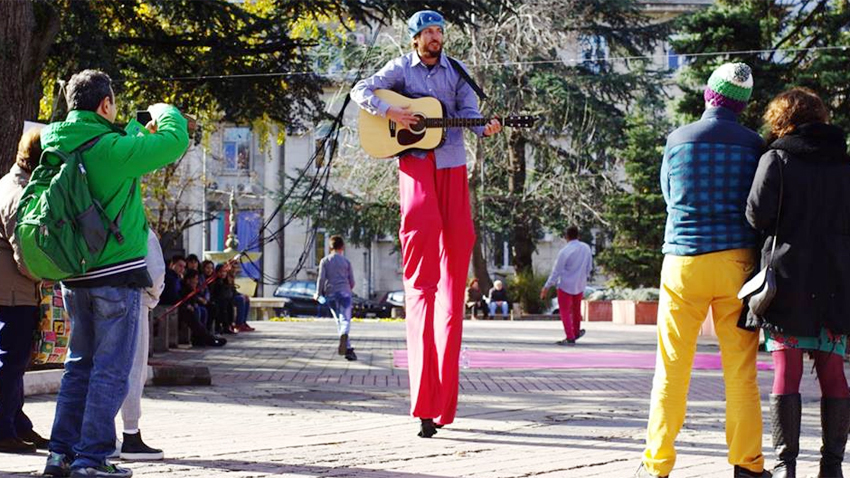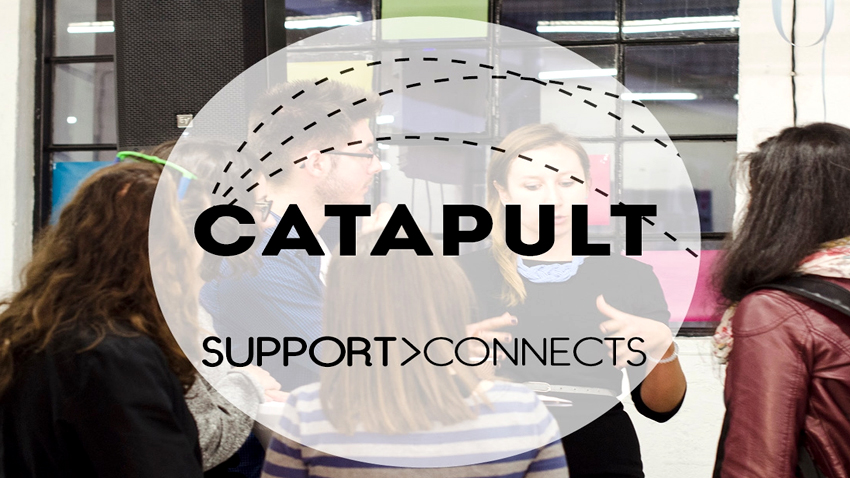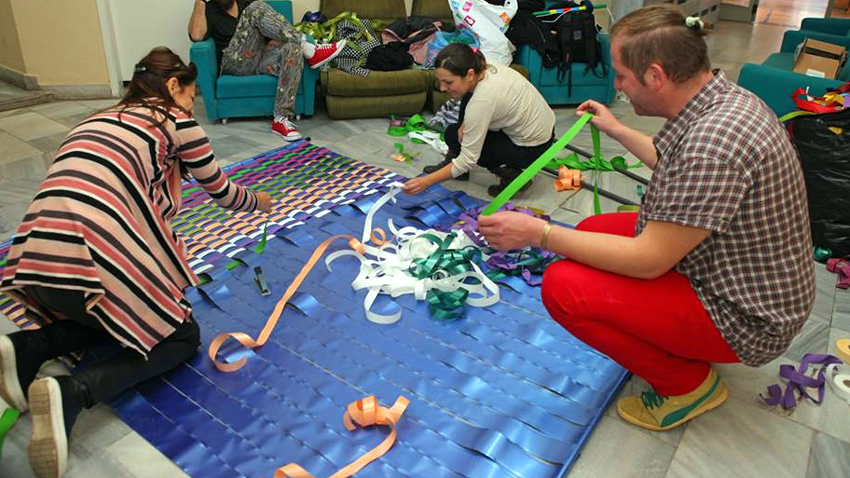This past weekend, Vratsa in northwestern Bulgaria was the setting for a forum looking into how empathy can change the face of society. The international forum for empathy-driven social change in Eastern Europe, seeking possible visions of the future took place for the third year running.
Empatheast endeavours to defy the growing radicalization, the sense of fear in society and its insularization into “truth bubbles” in Bulgaria and around the world. The forum aims to set down the points where generations, city and village, centre and periphery intersect and help us see these correlations in a new light. The location of this year’s forum carries a significance of its own. Northwestern Bulgaria is the poorest region of Europe with the fastest shrinking population.
Yanina Taneva, organizer of the event:

“The image the region projects – the poorest region with the greatest amount of problems - provoked us to bring together experts with a practical turn of mind who have been able to find solutions to all kinds of problems in this country and around the world. We wanted to talk to them about the potential of the region and try and shape a new view of northwestern Bulgaria. There are incredible young people in these parts, natural and historical resources, things that deserve to be shown to the world. Another reason is that in Vratsa we encountered the support and saw the need young people have of just such a forum on social change.”

Many and different things happened during Empatheast. One of the intriguing events was Catapult. The aim was to present the ideas of social change to the local people and to all those engaged with social entrepreneurship. Three ideas connected with the region around Vratsa were given support at the forum.
“One idea was to develop a hike route in the environs of Chelopech village. In point of fact it is the track described by the patriarch of Bulgarian literature Ivan Vazov in his story One Bulgarian woman. The route will help students feel empathy for the character in the story, Granny Iliitsa who followed that same trail, they will be able to meet her descendants and know that she was a real person, not just a character in a book. The other ideas involve helping villages gain access to culture. Even though it is in villages that traditional Bulgarian culture is preserved best, people living there have very little contact with modern culture – cinema or music, for example. One of the winning projects proposes meetings between actors and people in these villages.”
But where does empathy come in? Everywhere we turn, we see a lack of empathy. The logical response is to build relationships and ties across different levels in our lives. In this, empathy is a great help.

“We brought in the student councils in Vratsa. They are the volunteers we have in these parts, the backbone of the event and that is the reason why I know it was well worth it. They are aged 14 to 17 and they learnt so much about international practices from the experts, they saw what the country could be like, how we could communicate with one another. I believe that is something that makes perfect sense.”
“We are so well prepared for our yesterdays but if we want to be prepared for our tomorrows, we need to relinquish our fears and listen to what others are saying” Yanina Taneva goes on to say. “Because fear creeps in to fill a void – lack of information and knowledge. One thing is clear, we have nowhere to run, the world has no other alternative to offer. That is why we should build a country in which human relationships should be underpinned by understanding, a country free of fear, so we may move on.”
English version: Milena Daynova
Photos: EmpatheastIn 1992, a child from Georgia packed her entire life into a small black canvas bag to escape the horror of the bombs… The war through her eyes and the most terrible memories that mark her entire life are described in the..
For the 32nd time, the Children's Easter Festival will bring together Bulgarian children from different countries in Bosilegrad, Serbia, giving them a chance not only to showcase their skills in crafting the most beautiful and original Easter eggs but..
Since its establishment on April 11, 2022, the Institute for Computer Science, Artificial Intelligence and Technology – INSAIT has achieved a number of successes and continues to position Bulgaria on the world's technological map...
Looking and feeling your best doesn’t have to come at a high price — especially in Bulgaria. The country has become a rising star in beauty tourism,..
Residents and visitors to Sofia will have the opportunity to learn more about Bulgarian scientists working in Antarctica and their important role in the..
The prices of Easter goods are rising The Easter meal in the Balkan countries will be more expensive this year, BTA reports...

+359 2 9336 661
